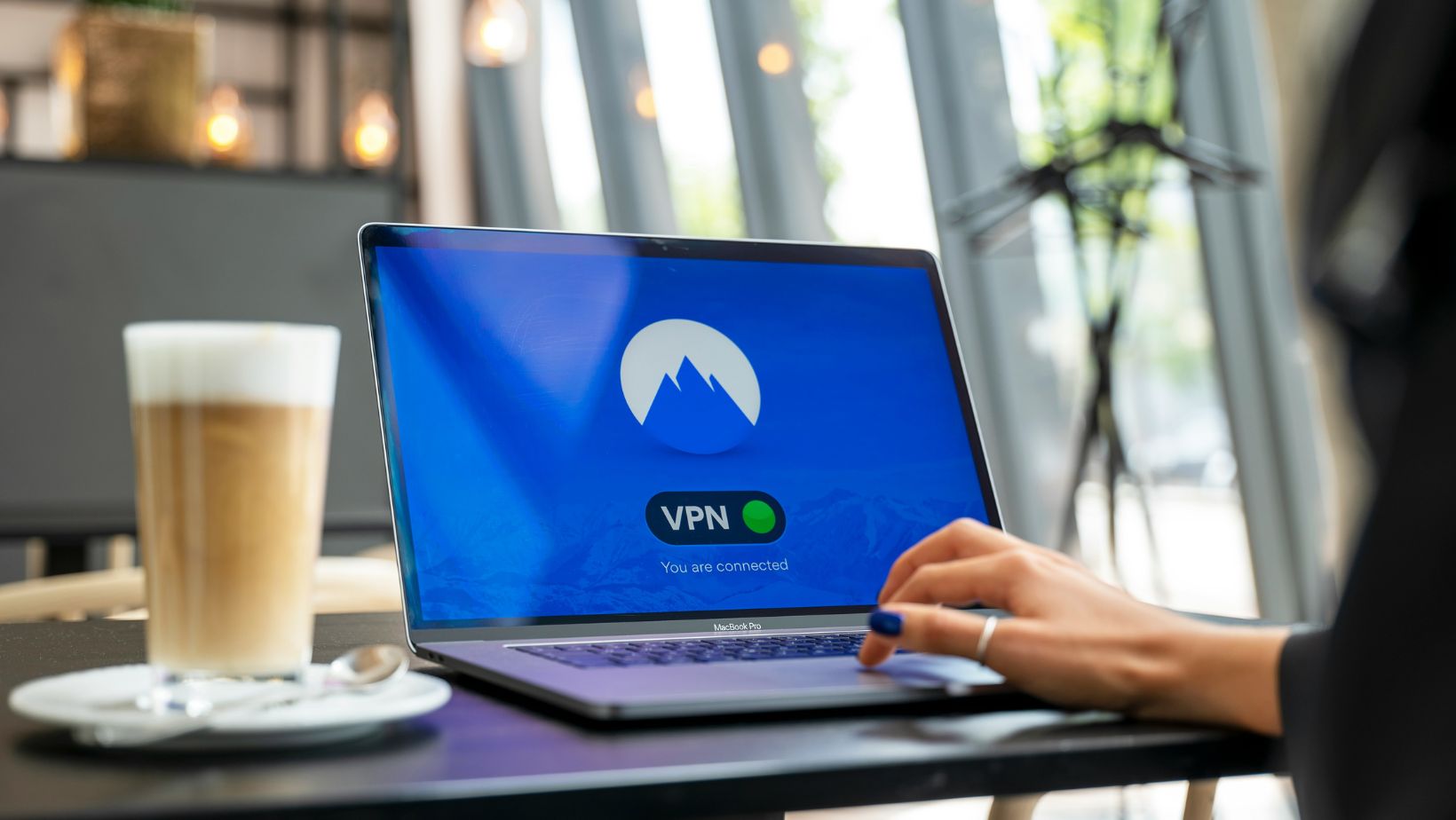
In today’s hyper-connected world, online privacy is no longer a fringe concern—it’s a priority for some of the most in-demand minds in the tech industry. As companies compete for top-tier developers, engineers, and IT professionals, one trend has become increasingly clear: privacy is a matter of concern. These individuals are not only building secure systems but also demanding those same protections in their daily workflows. Whether it’s encrypting their traffic, hiding their IP addresses, or simply wanting to access the web more safely, tech professionals are highly attuned to digital vulnerabilities—and they expect employers to understand and support this.
Tech Professional Privacy Mindset
The best technology people sleep on code, systems, and data infrastructure. Due to this, they are well familiar with the online threats that hide behind unsecured connections, old protocols, and weak software. They also know how one unsecured session can lead to the loss of valuable data, leakage of personal information, or be used as a gateway by malware or spies.
The same awareness also influences their online behavior. Regardless of whether they are working on open-source software, testing it on public networks, or using internal tools remotely, tech professionals are usually concerned with their digital security. These practices involve the use of two-factor authentication, encrypted password vault management, and virtual private networks (VPNs) to conceal and encrypt their actions.
Privacy in the Workplace
The quality of the digital infrastructure is increasingly becoming a yardstick by which employers are measured. Employees in the technology industry are quick to notice that a company has compromised its data security, is still using outdated modes of communication, or lacks proper privacy guidelines. Not prioritizing such points suggests that a company does not value not only security but also the integrity of its employees and clients.
Providing good privacy tools, such as access to enterprise-level VPNs, secure cloud storage, and encryption communication tools, is now considered a minimum, not a premium. Remote developers, for example, would like to know that their connection to the company’s codebase or servers is secure. Product engineers need to ensure that poorly distributed access points are not the cause of internal builds and prototypes leaking.
The VPN Advantage
A VPN is one of the most valuable tools for promoting privacy on the Internet. Abbreviated as VPN, a virtual private network encrypts the internet flow. It conceals the user’s location, providing a necessary level of protection for professionals operating on a shared or domestic network.
To tech workers, this is not only an issue of remaining anonymous but also one of intellectual property protection, man-in-the-middle attacks, and safeguarding login credentials. When team members use VPN and is a reliable VPN, such as VPN Pro, the chances of external threats gaining access to internal systems are significantly minimized. It also provides consistency in access, regardless of the team’s location, which is key in the case of distributed and global teams.
The Ways to Demonstrate Support by Employers
Firms interested in acquiring and retaining top-level tech talent have to consider more than remuneration and traditional benefits. Privacy should be an integral part of a broader workplace culture that not only empowers its employees but also protects them against external threats. It begins by offering safe tools and concludes with policies that align with best practices.
To begin with, audit your digital infrastructure. Are your platforms of communication encrypted? Do remote workers need to or even use VPNs? Have you ever considered providing privacy tools during onboarding? Such measures let potential employees know that you are concerned about their online well-being.
A Hiring Market Advantage
In the modern job market, where technical employees often receive multiple offers and/or counteroffers, even minor details can tip the balance. Privacy tools, secure working environments, and data responsibility cultures are also valuable assets to companies that actively invest in them, which helps them win talent wars.
This is particularly true for start-ups and small to medium-sized tech firms competing against large companies. Even though you cannot compete in terms of salaries dollar for dollar, demonstrating the fact that you value the privacy and security of your employees evens the playing field. Being able to provide a high-quality VPN, as an example, is not much, but to a developer who upholds his privacy as a priorit,y it can be the difference maker.
Conclusion
Privacy is not an option for the top tech talent; it is a necessity. As organizations adapt to the requirements ofa remote, distributed, and cloud-based world, their capacity to protect employee privacy becomes the key element of their value proposition. Companies that can go the extra mile and provide tools such as VPNs, establish secure protocols, and establish a privacy-first culture are not only able to recruit the best talent, but they also help create stronger bonds in their teams. This way, they show a unique blend of technical sophistication and human intuition, which are the qualities that are highly appreciated by modern technologists.







